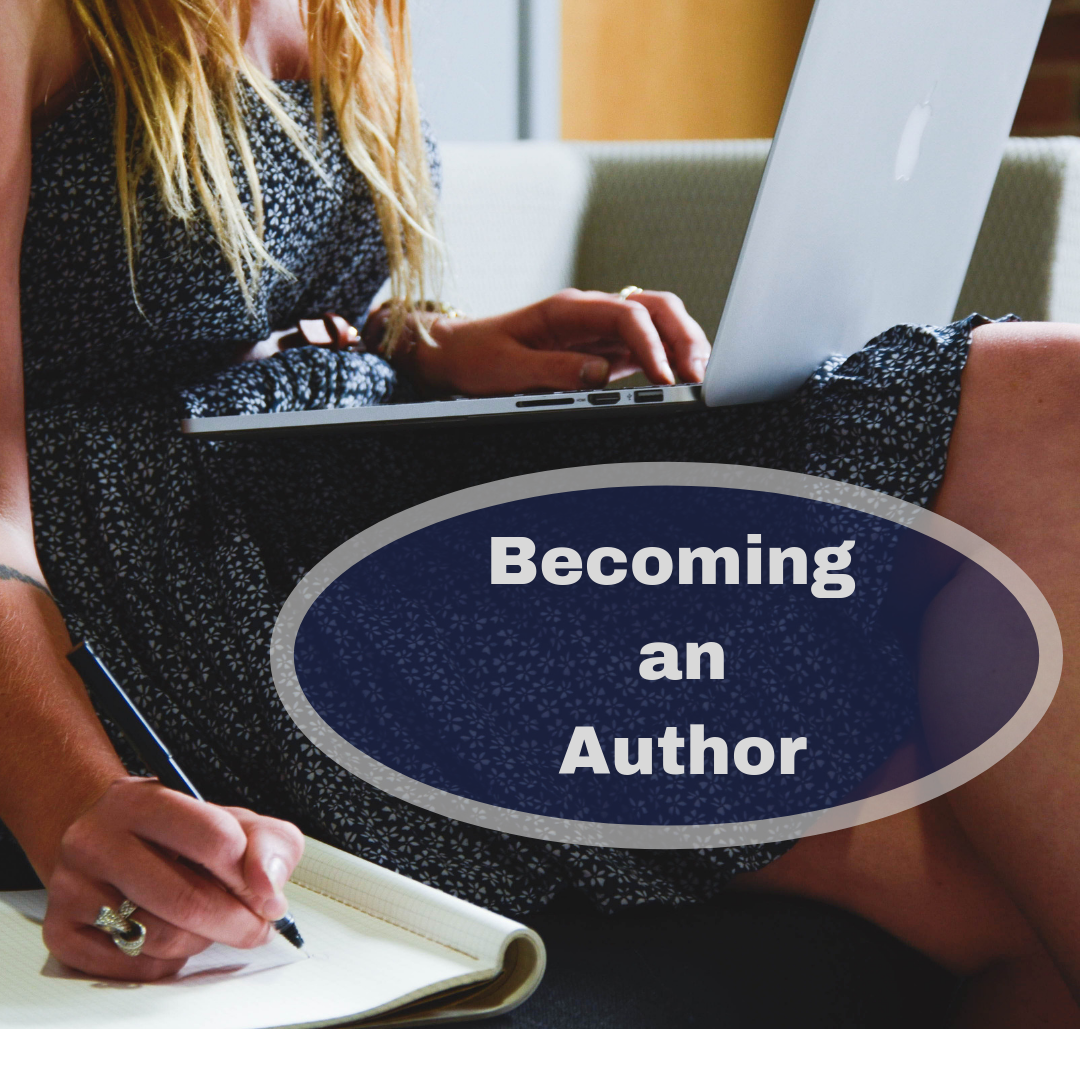
Guest Posts
10 Tips to Ruin Your Book and Lose Your Readership
Writing your book should be something that the author finds interesting. However, in the long run, you aren’t writing the…
November 21, 2020
Writing your book should be something that the author finds interesting. However, in the long run, you aren’t writing the…
November 21, 2020
As an actress, I’ve always been fascinated with the many ways in which the craft of acting can compare…
September 9, 2020
Finding a reliable and dependable beta reader can be a challenge. They often bail on you. Why? This topic…
April 27, 2020
Throughout this series I’ve emphasized one main point—increasing your reach is vital to your writing career. I’ve also shared…
April 12, 2020
From reading many submissions, I’ve seen numerous misspellings of my first and last name. This small but significant mistake…
March 25, 2020